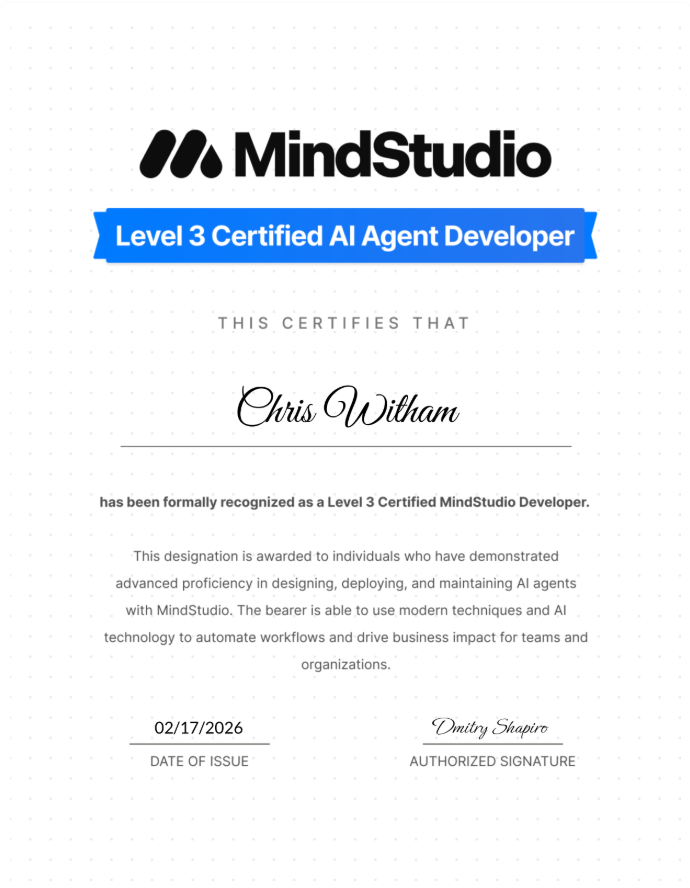AI for Breakfast
Post 91 - The future at your fingertips: Exploring built-in AI in mobile devices
Due to meetings and some Ad deadlines I turned 100% to ChatGPT due to lack of time! Full transparency, my custom GPT running on ChatGPT 4 wrote all of the article below, I just tidied it up a bit and made sure it made sense!
I definitely think the latest version has got better and it's following my prompt instructions much closer than it did before.
-------------------------------------------------------------------------------------------------------------------------
As technology continues to advance, the integration of artificial intelligence (AI) into our daily gadgets is becoming increasingly commonplace. Rumours are swirling that the upcoming Apple iOS 18 might feature built-in AI capabilities, a move that could significantly change how we interact with our mobile devices. Let’s explore what this means for users and the broader implications for privacy and functionality.
Understanding AI in mobile devices
Built-in AI refers to artificial intelligence technologies embedded directly into a mobile device’s operating system. This can enable more sophisticated features such as:
Enhanced personalisation:
AI can learn from your usage patterns to tailor recommendations and settings to your preferences.
Improved efficiency: From battery management to optimising device performance, AI can manage resources more effectively.
Advanced user interfaces: Voice assistants and predictive typing are just the beginning. Future interfaces could include more intuitive gestures and context-aware interactions.
Implications of AI on privacy and security
While the benefits are clear, the integration of AI into devices we carry daily raises significant privacy and security concerns:
Data privacy: With devices collecting and analysing more personal data, ensuring this information is handled securely and transparently is crucial.
Security risks: More sophisticated AI systems could potentially become new targets for cyberattacks.
Potential for enhanced functionality
Despite the challenges, the potential for improved device functionality is immense:
Accessibility features: AI can provide more adaptive accessibility options for users with disabilities, adjusting to individual needs in real-time.
Health monitoring: With AI, devices could better track health metrics and provide early warnings for potential health issues.
The broader impact
The integration of AI into mobile operating systems like iOS 18 could set a new standard for mobile technology, pushing competitors to also innovate. This could lead to a rapid evolution in mobile tech, much like the leap from feature phones to smartphones.
In conclusion
The possibility of built-in AI in mobile devices, like the rumoured feature in iOS 18, presents both exciting opportunities and significant challenges. As we move towards a more interconnected and intelligent technology landscape, it’s crucial to consider the implications on our privacy and the way we interact with our devices.











